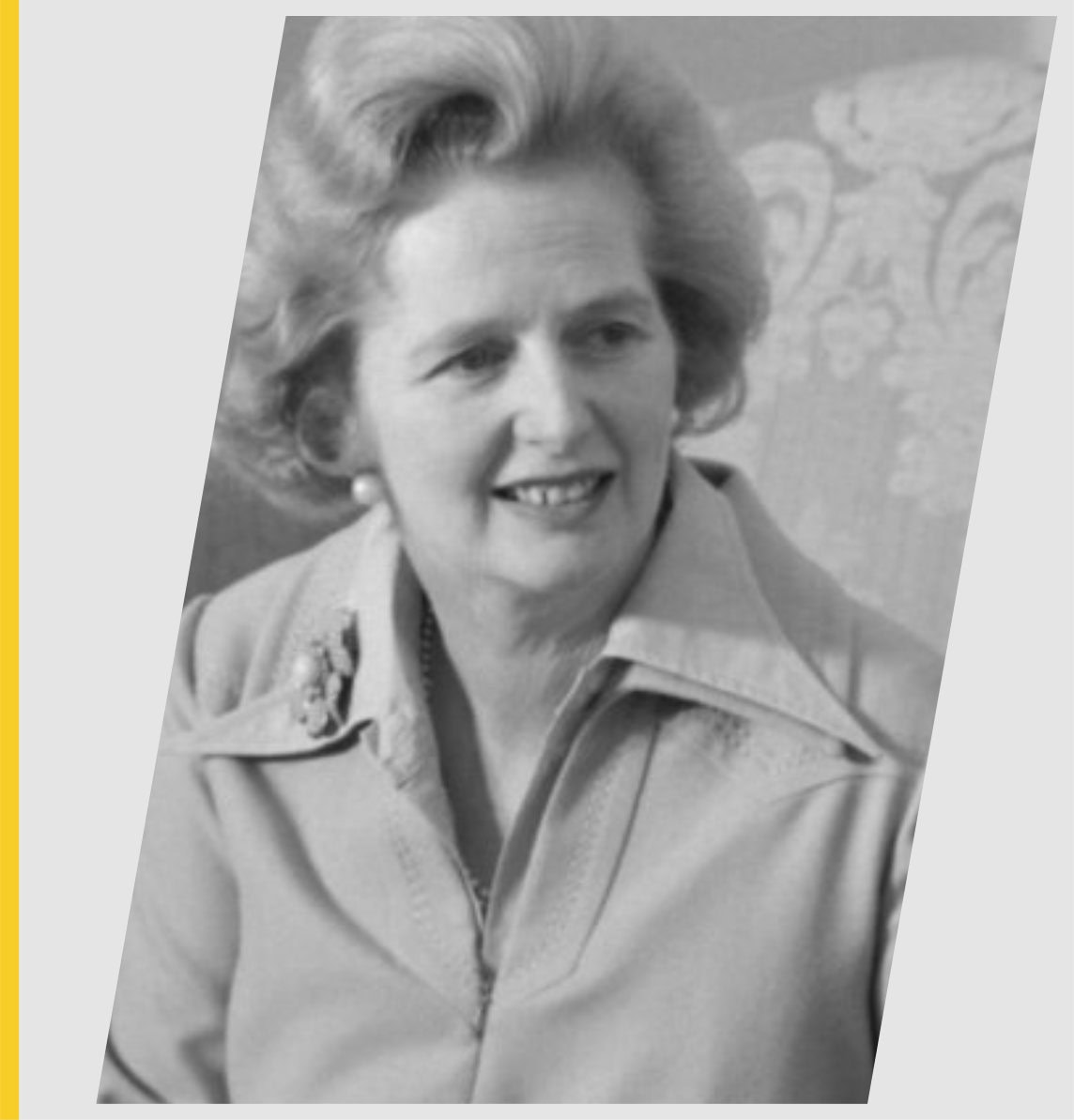No gas engineer is allowed near a gas boiler or a gas system, including central heating, unless they are on the legally mandated Gas Safe Register.
“Gas and heating engineers need to be on the Gas Safe register by law in order to legally operate and repair your boiler.”
WestLondonGas.com
Similarly, teachers are typically not allowed into a classroom unless they are properly qualified. There are many examples like this in many professions.
Lack of Safeguards in Leadership Roles
However, whereas you are required by law to be on the Gas Safe register there is no “Human Beings safe register” for leaders or managers in the private, public or voluntary sectors in the U.K.
That means that when it comes to running organisations over human beings, sometimes many thousands of human beings, anyone can be appointed / employed by any organisation to be a leader / manager.
There are many wonderfully supportive Leader / Manager institutes like the Institute of Directors, the Chartered Management Institute and the Chartered Institute of Marketing to name just a few.
However, there is no legally binding register. Membership of these institutes is voluntary.
If like me you have always assumed and trusted that organisations big and small are governed by wise and sound managers / leaders, the spectacle of recent examples of leadership and management in organisations such as the Post Office Ltd (POL) is beyond astonishing and even frightening.
Ian Henderson, one of the two forensic accountants from Second Sight paid by Post Office (POL) to review sub-postmaster convictions involving Horizon in 2012, told the public inquiry into the scandal that former chief executive Paula Vennells “frequently and consistently” tried to steer him away from probing miscarriages of justice.”
‘There was “possibly a criminal conspiracy” at the Post Office, according to an independent forensic accountant drafted in to investigate the controversial Horizon accounting system.’
“I formed the view that POL was constantly sabotaging our efforts to seek the truth irrespective of the consequences.”
Sky News 18/06/24
In the process of the ongoing Post Office Inquiry we see the devastating effects, including ruined lives and suicides.
The seemingly casual approach to the appointment and monitoring of managers / leaders has allowed the rise of leaders / managers who appear to be prepared to hide the truth, twist the truth and even defy the truth.
“Former sub-postmaster and campaigner Alan Bates has said the Post Office was being run by “little more than thugs in suits” in 2010.
In a strongly worded witness statement to the public inquiry into the Horizon IT scandal, he accused the Post Office of lying about the accounting system.
He also said the organisation had spent 23 years trying to “discredit and silence” him. The Post Office apologised for hurt caused by the scandal.”
>> www.bbc.co.uk/news/business-68769090
It is fascinating to observe, in the light of the Post Office Inquiry that anyone without scruples can walk into a boardroom, CEO’s office, MD’s, or manager’s office without any effective vetting or safeguarding.
Sometimes such individuals are without proper qualifications and yet, are given the go-ahead to administer a twisted form of authority and power, sometimes for decades.
Over-regulation or over-monitoring is clearly not the solution but the Post Office Inquiry and the emerging evidence show that incompetent, belligerent, aggressive, and controlling individuals can create literally deadly cultures.
While a gas explosion can kill people, certain MDs and CEOs can also cause fatalities, albeit less directly and therefore almost impossible to fully prove.
I have observed this directly over the last 40 years. Ask any NHS whistleblower what their courageous actions have done to their careers and to their lives.
Some unscrupulous leaders / mangers can evade accountability, and are paid enormous sums, which are becoming increasingly exponential in the current economic climate.
Morally and ethically, this presents a significant problem for our country, for the world.
The Need for Safeguards in Organisations
We need to explore and find ways to safeguard hard-working human beings in organisations, similar to how we safeguard children in schools.
Although there is legislation about health and safety and some legal protections, these measures are limited.
How else could the Post Office Ltd nightmare have unfolded?
Misconceptions About Leadership Styles

However, this approach, in the case of incompetent and / or insecure leaders is not always a recipe for success.
There is some evidence that suggests that caring, gentle, kind, and thoughtful CEOs who can also make tough decisions often lead to thriving businesses.
In his 2015 book, Bob Chapman chronicles his life story from taking over a portfolio of companies worldwide that were struggling and transforming them jnto a thriving group of multi-billion dollar turnover organisations.
“Everybody Matters: The Extraordinary Power of Caring for Your People Like Family.
Portfolio. 2015.
“Chapman and coauthor Raj Sisodia show how any organization can reject the traumatic consequences of rolling layoffs, dehumanizing rules, and hypercompetitive cultures. Once you stop treating people like functions or costs, disengaged workers begin to share their gifts and talents toward a shared future. Uninspired workers stop feeling that their jobs have no meaning. Frustrated workers stop taking their bad days out on their spouses and kids. And everyone stops counting the minutes until it’s time to go home.”
“An accountant who reluctantly took over his family business found that kindness and thoughtfulness in leadership resulted in substantial growth, with businesses worth a couple of hundred thousand twenty years ago now valued at almost five billion dollars.”
>> www.amazon.co.uk/Everybody-Matters-Extraordinary-Caring-People/
Positive vs. Negative Leadership Theories
The success achieved by many balanced leaders that I’ve witnessed contradicts the theory that a leader must be rough and tough and kick ass to get things done.
There has been a formal theory about leadership describing the use of positive KITA or negative KITA ascribed to Fred Herzberg where KITA stands for “kick in the ass.”
Positive KITA is affirming and supportive, while negative KITA uses punishment.
Herzberg accused managers of doing little to ‘motivate’ staff other than the use of KITA (‘kick in the ass’), which was his way of highlighting the absurdity in the modern world of the carrot and the stick.
Click for a full size version:
Laughable as it may seem, this theory was previously taken seriously, as was F.W. Taylor’s scientific management movement which led to the development of Time and Motion regimentation. Time and motion study in simple terms timed, measured, broke down tasks with only the “best” sequenced approach identified as the norm to achieve optimal productivity.
Sadly, this approach was often used on physical tasks and treated the human being like a machine.
Some reliable authority is more forthright and specific:
“Time-and-motion regimentation prevents continuous improvement.”
>> hbr.org/1993/01/time-and-motion-regained
Caring Approaches in Modern Corporations

Although not everything they do is perfect, they are increasingly positively recognised for looking after their people well and fostering excitement, energy, fun, reward, and a sense of purpose. This approach, often dismissed as airy-fairy nonsense, is evidence-based and effective.
Transforming a blame culture into one that fosters “friendship” at work can have a positive impact.
The Power of Kindness in Leadership
The British Red Cross (BRC) a British and worldwide charity embodies this principle with their marketing strapline, “The power of kindness.”
BRC leaders genuinely value the welfare of human beings and management / leadership try to reflect this approach.
True kindness in leadership does not necessarily mean softness and or weakness; it often requires strength.
Successful outcomes often come from blending courtesy and care with a brutal honesty, being fundamentally kind most of the time but knowing when to be tough. This principle is central to my approach to leadership and life.

>> Good To Great: Why Some Companies Make the Leap… and Others Don’t.
Harper-Collins. 2001.
“After several years of research, Collins discovered that all of the great organizations that he studied were headed by what he called “Level 5 Leaders.” These Leaders have a unique combination of fierce resolve and humility. They were the first to own up to mistakes, and the last to take credit for success.”
>> www.mindtools.com/atqwpnm/level-5-leadership
I wonder if just one “ Level 5 Leader” in the Post Office 25 years ago might have transformed the course of history, saved many careers, saved many lives and families, saved the British people billions in what is certain to be a multi-billion pound compensation process.
Think of the suffering and misery that could have been averted.
Give me a call on 07850 143 209, write to me at email@dannymcguigan.com or connect with me on Linkedin.










